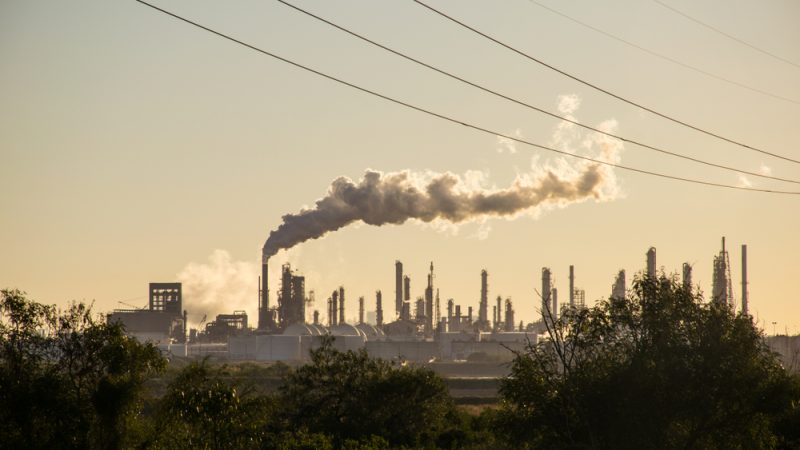
Egypt taking major strides towards green growth, SDGs..Recommended future actions
Advancing towards a green economy has received significant traction as part of Egypt’s commitment to ...

Mark Radka, Head of the United Nations Environment Program’s (UNEP) Energy and Climate Branch, called for enforcing regulations upon companies to ensure curbing emissions.
He said “I believe it’s unrealistic to expect that all fossil fuel companies would police themselves so regulations capping emissions levels and good enforcement certainly are crucial. But many companies are willing to act even without regulatory pressure.”
He added that “We’re working with many companies that have committed to setting 2025 methane reduction targets, measuring their methane emissions, taking steps to reduce these, and reporting on the results. Detection technologies are improving, and UNEP is, in parallel working with partners to provide open and transparent information on emissions. Methane leaks are costly, so from an economic perspective companies have an interest in reducing leaks.”
Recent scientific measurement campaigns, some of them supported by UNEP, have shown that methane emissions from oil and gas operations are much higher than was estimated earlier. Methane is a powerful greenhouse gas, about 84 times more potent than carbon dioxide measured over a 20-year period, so any emissions undermine its credentials as a better fossil fuel. So, “cleaner” is probably not the best word to describe natural gas. But provided that methane emissions are well managed, it’s not as problematic in terms of planetary warming as coal or oil.
The UNEP initiated the International Methane Emissions Observatory (IMEO). Most methane data is based on emission factor estimates, rather than actual measurements.
Methane is a powerful greenhouse gas, about 84 times more potent than carbon dioxide measured over a 20-year period, so any emissions undermine its credentials as a better fossil fuel.
“Every country and every person needs to think more critically about energy efficiency. We never value energy for its own sake; we value instead the many services that energy makes possible. I’m speaking here about communication, lighting and thermal comfort, mobility, motive power and so on,” he said.
“If we can get those services by consuming less energy we’re better off and so is the planet,” he added.
Advancing towards a green economy has received significant traction as part of Egypt’s commitment to ...
The US has sustained 403 separate weather and climate disasters in 2024 at total cost ...
The World Bank priced a 10-year euro-denominated benchmark bond maturing in January 2035, raising EUR ...


اترك تعليقا